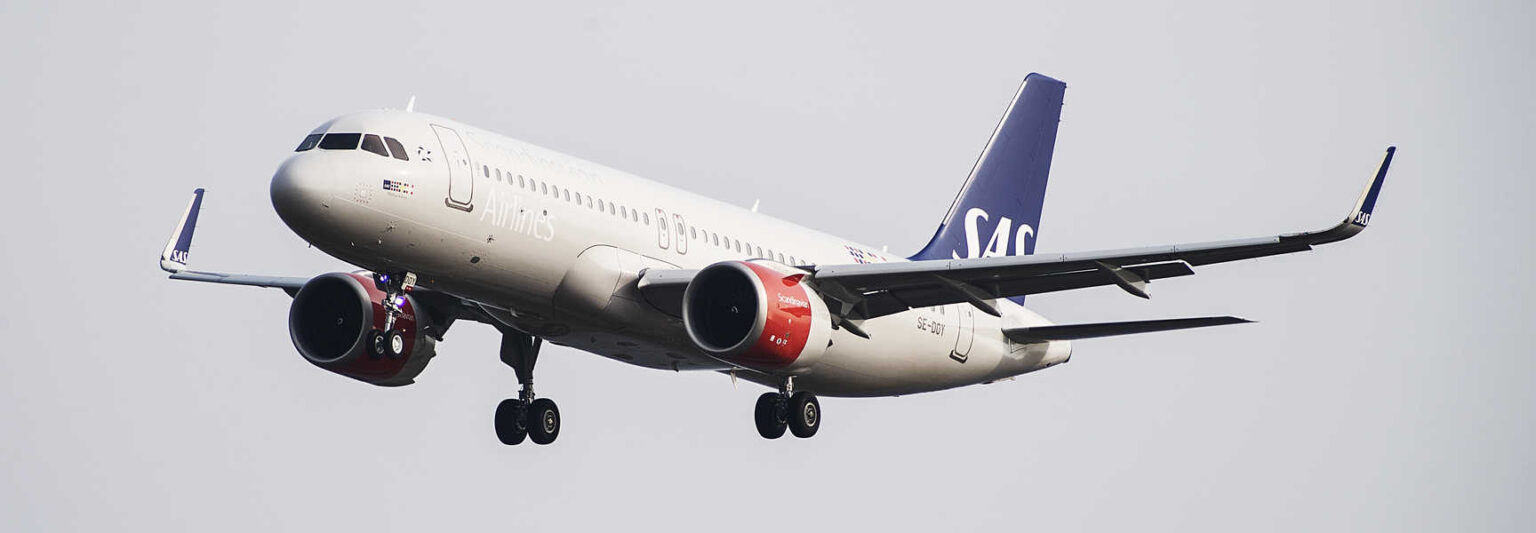Den tyske flytrafik har oplevet et fald, og det skyldes ikke kun klima-debatten. Det kan være tegn på en svækket økonomi i Europa.
Passenger numbers at German airports recently fell for the first time since December 2017. The decline is largely due to economic reasons, such as the cyclical slowdown and lower supply due to airline bankruptcies. Air travel is increasingly coming into the focus of climate-policy regulation. Traffic at regional airports may be hit most. In contrast, large airports are likely to see passenger numbers increase further. “Flight shame” looks set to remain a niche phenomenon.
What are the reasons for this development? Overall economic activity has weakened and is dampening demand. Companies often cut back on business trips when they need to reduce expenses quickly. At the same time, the tourism business remained healthy during the summer because household consumption was robust.
The good labour-market situation and above-average wage increases provided a boost. Rather, supply-side difficulties appear to be behind the recent downtrend. Airline bankruptcies have reduced the number of available seats, particularly on domestic flights.
Air travel to European destinations is not booming either due to the cyclical slowdown, Brexit-related uncertainties and consolidation moves at the European level. Most recently, the failure of a large tour operator led to flight cancellations. All in all, the slowdown in German air travel growth is largely due to economic reasons.












